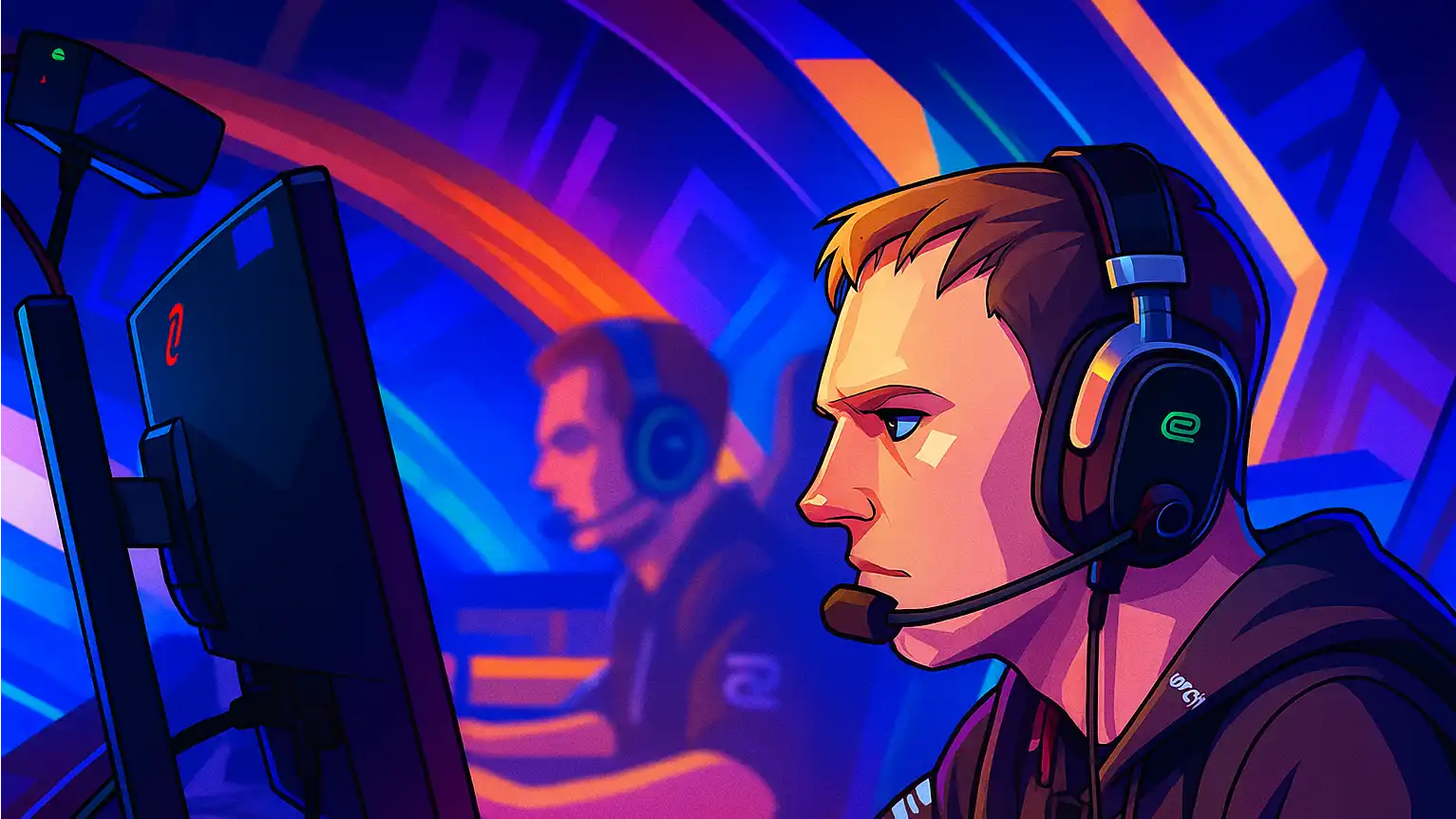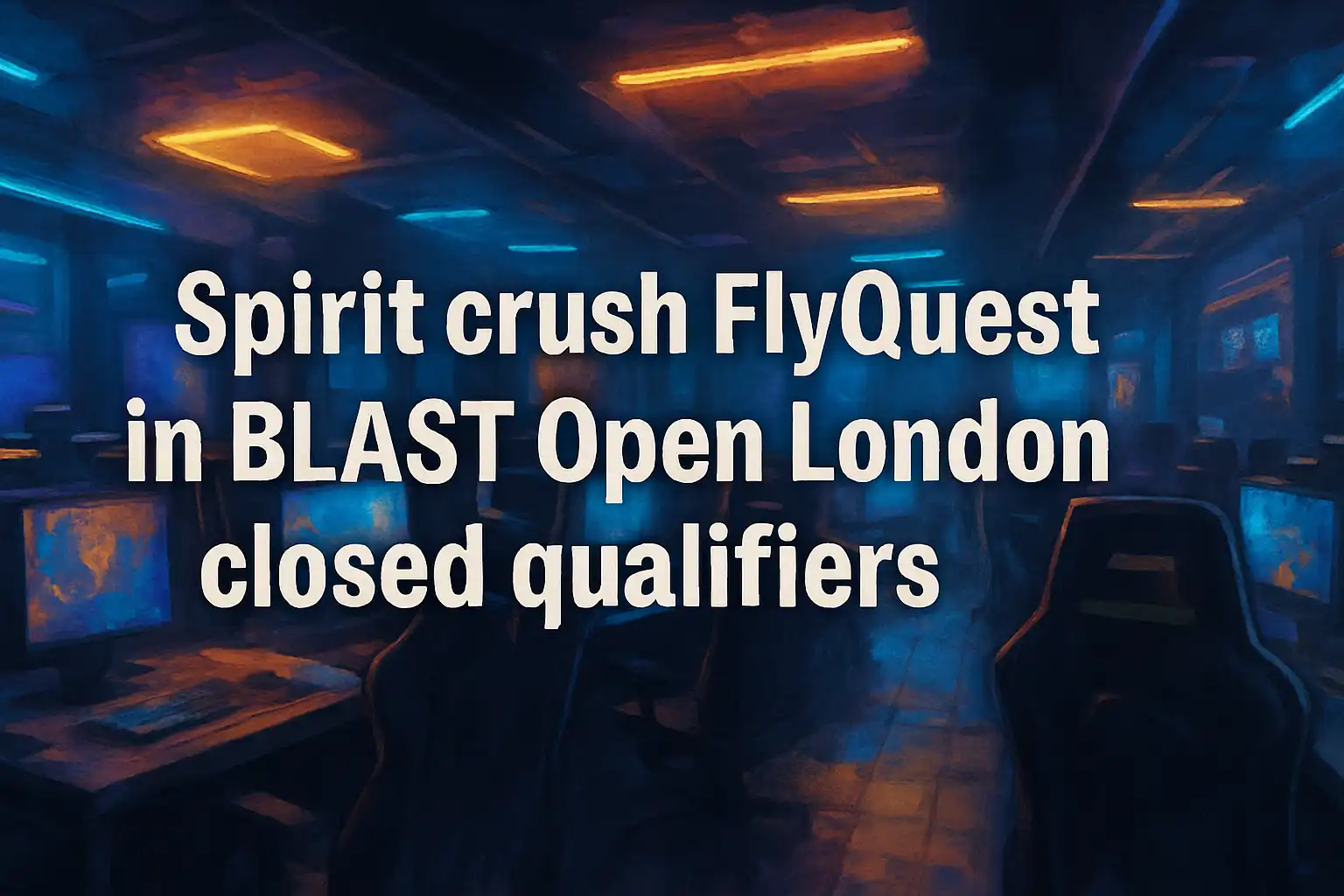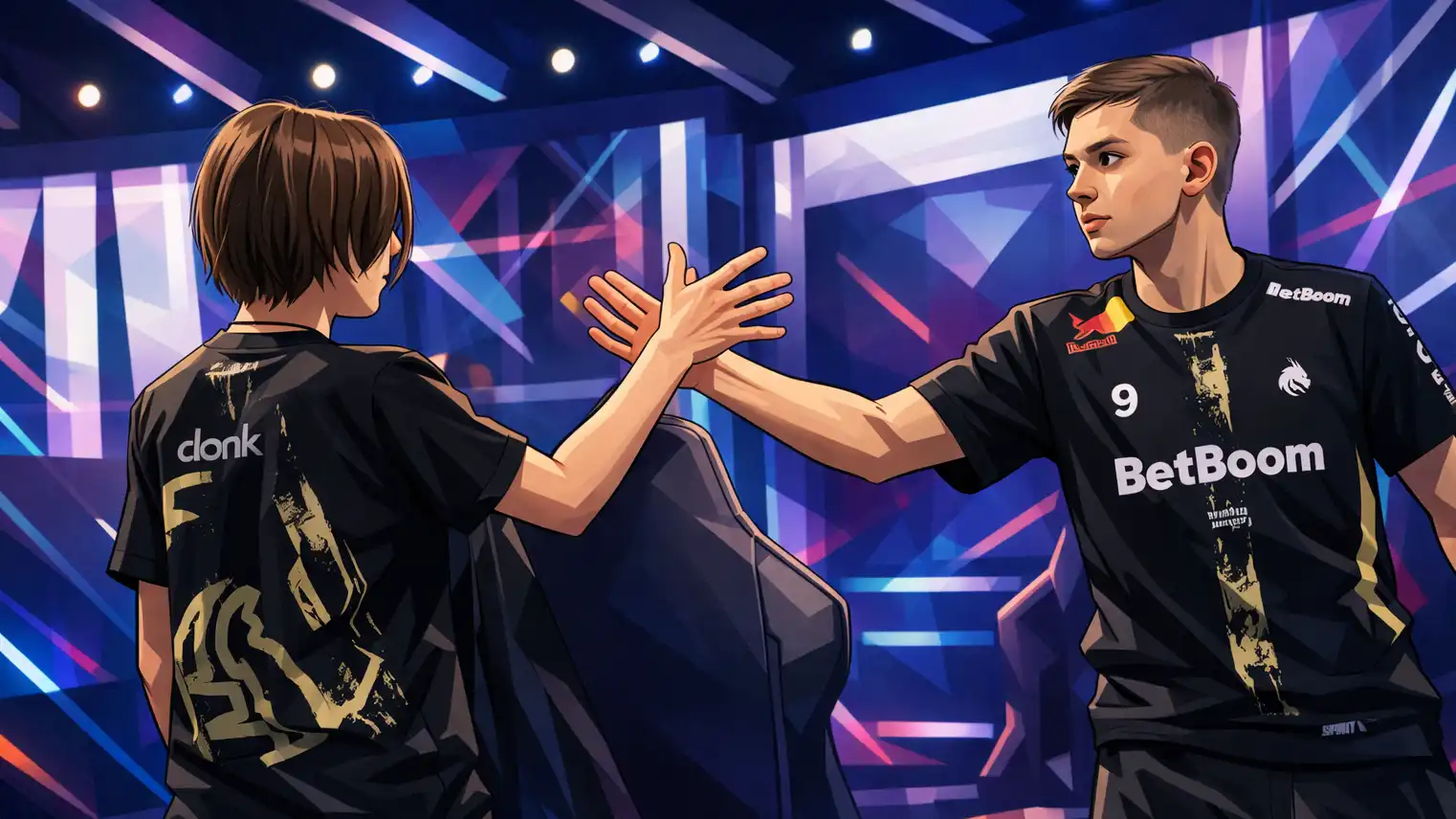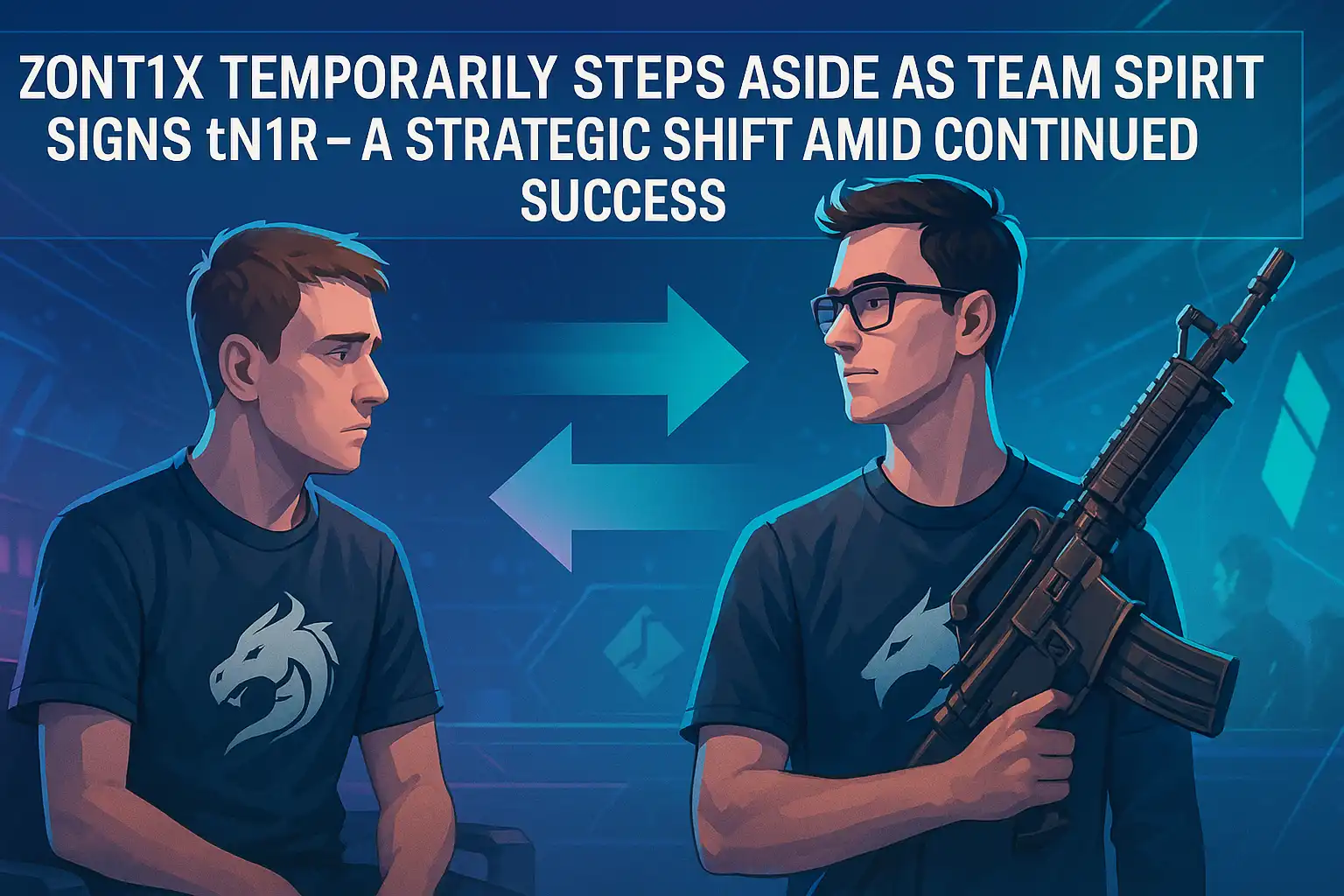tN1R: “After flying out of Chengdu 2025 — you can criticise me all you want”

tN1R: “After flying out of Chengdu 2025 — you can criticise me all you want”
Following Team Spirit’s shock exit from IEM Chengdu 2025, Belarusian rifler Andrey “tN1R” Tatarinovich openly invited criticism and reflection, saying:
“You can criticise me all you want.”
Reported by Russian esports outlet CyberSport, this was tN1R’s post-mortem comment on a tournament that ended far sooner than expected for the team.
What happened at Chengdu
Team Spirit, long regarded as one of CS2’s top performers, were eliminated in the group stage of IEM Chengdu 2025 — a significant under-achievement given pre-tournament expectations. Their early exit has sparked introspection both in the roster and across the broader community.
For tN1R, who joined Spirit in late 2025 after a successful stint with HEROIC, the outcome was doubly painful: a big opportunity turned into disappointment, and the platform for his impact shrank sharply. His willingness to accept critique in the wake of the result underlines the seriousness of the moment.
tN1R’s background & role in Spirit
Before joining Team Spirit, tN1R had established himself with HEROIC and other organisations. The move to Spirit was framed as his next step to contend for trophies, working alongside stars such as sh1ro, donk and chopper.
In a previous interview, tN1R said:
“I’m not sure I should play like a star player… I have very good players around me.”
This highlights his attempt to adapt from being a lead star to a role within a stacked roster — a transition that often demands patience and alignment.
Post-elimination reflection
In his comment about criticism, tN1R displayed a degree of accountability: he didn’t shy away from fault or nuance. According to CyberSport’s coverage, his full quote included: “После вылета из IEM Chengdu 2025 — можете сколько угодно критиковать меня.” (“After the elimination from IEM Chengdu 2025 — you can criticise me as much as you like.”)
The remark reflects the weight of the moment: a roster expected to reach playoffs or beyond instead finds itself packing early. For players, such outcomes trigger questions about preparation, mentality, adaptation, and internal expectations.
What went wrong for Spirit?
Several factors contribute to their downfall at Chengdu:
-
High expectations + pressure: With a top roster and star names, Spirit were among the teams expected to advance far. Under-performing creates an amplified reaction.
-
Roster and role adjustments: With new additions like tN1R and evolving roles, the coherence may not have fully settled. The earlier quote from tN1R on adaptation suggests adjustment was underway.
-
Momentum swings and bracket-format pressures: The event structure (double-elimination groups, best-of-3 matches) demands consistency early. One slip can cascade quickly into elimination.
-
Tactical adaptation: Opponents might have exploited new looks or inconsistent coordination from Spirit, leaving them exposed when rounds didn’t go their way.
The significance for tN1R and Spirit
For tN1R: this event will be seen as a challenging waypoint. The willingness he expresses to face criticism suggests maturity, but also underscores the personal stakes — joining a top team for impact, yet facing a major setback.
For Spirit: their elimination will prompt review. The result opens questions about their map-pool readiness, role stability, tactical depth, and ability to close out matches when under pressure. In elite CS2, top teams are expected not only to reach playoffs but to contend for titles; missing that mark can prompt major reassessments.
Looking ahead: What needs to change?
-
Role clarity and internal alignment: tN1R’s previous focus on adapting his style within Spirit suggests this could be an area of focus. Solidifying roles and ensuring players are comfortable is essential.
-
Mental resilience and preparation: Handling expectations and pressure is as important as fragging. For Spirit, building the capacity to bounce back after rough starts will be key.
-
Strategic and tactical cohesion: With new roster pieces, reviewing communication, mid-round reads, and structure will help reduce variance.
-
Roster stability and identity: Teams that win consistently often have core line-ups that understand each other deeply. Whether Spirit can establish that with current changes is a question.
Final thoughts
In his statement, “you can criticise me all you want”, tN1R didn’t offer excuses — he offered seriousness. This moment isn’t just about one event or one elimination; it signals a crossroads for both player and organisation.
When a team as celebrated as Spirit falls early, the spotlight turns quickly. For tN1R, the next chapter is about transforming reflection into performance, showing that the criticism is not just accepted, but fuel. For fans and analysts alike, this result reminds us that in CS2’s high-pressure LAN environment, talent alone is seldom enough — alignment, consistency, and adaptation are the true differentiators.
Team Spirit’s early exit at IEM Chengdu 2025 may hurt now, but how they respond will define their trajectory. As for tN1R, the message is clear: the spotlight remains, and the work is only beginning.





